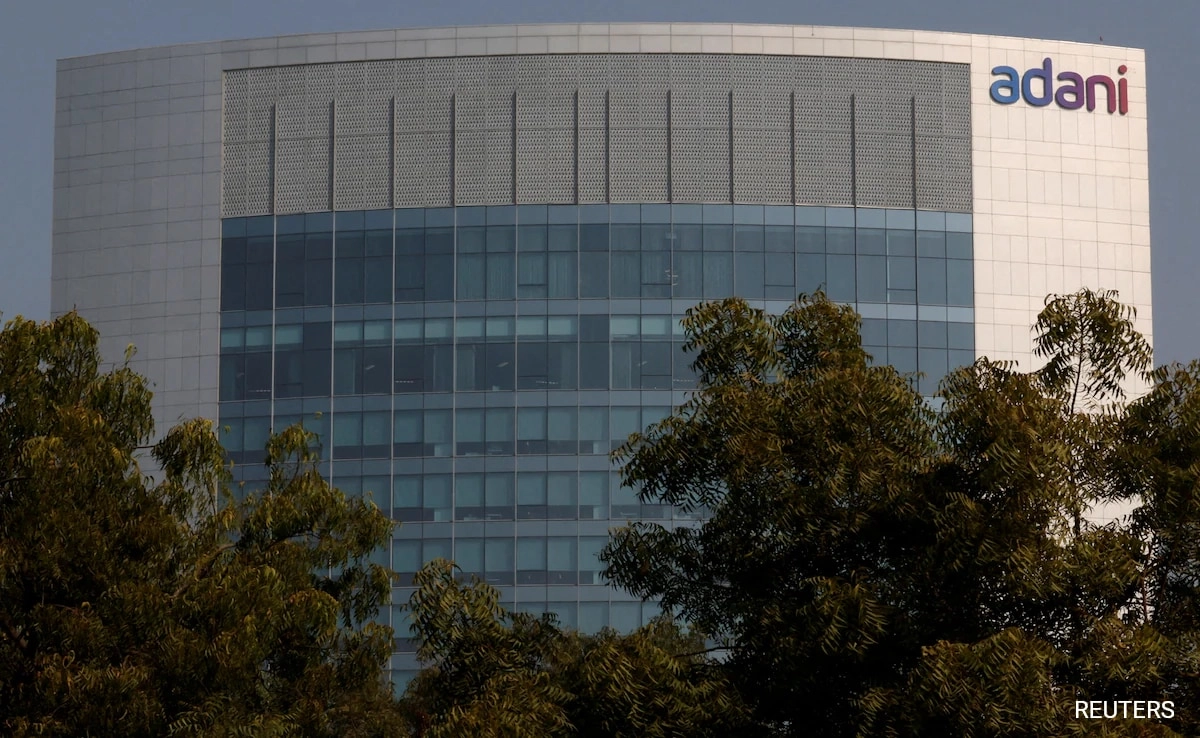A Delhi court has issued an injunction against a group of activists, prohibiting them from disseminating any defamatory content regarding Adani Enterprises. This legal action underscores the ongoing tensions between corporate entities and activists, particularly in the context of public discourse surrounding business practices and environmental concerns. The court’s ruling indicates a significant stance on the protection of corporate reputation, reflecting the balance that must be maintained between free speech and the potential harm that could arise from unverified claims.
The activists in question had reportedly been involved in campaigns aimed at raising awareness about various issues linked to Adani Enterprises, which has faced scrutiny over its environmental practices and business dealings. However, the court found that some of the statements made by these activists crossed the line into defamation, potentially damaging the company’s reputation without sufficient evidence to support their claims. This ruling emphasizes the importance of responsible communication, particularly in a digital age where information can spread rapidly and have far-reaching consequences.
This case illuminates the broader debate about the responsibilities of activists and the ethical considerations involved in speaking out against powerful corporations. While activists play a crucial role in holding businesses accountable, the line between advocacy and defamation can sometimes blur, leading to legal challenges. The court’s decision serves as a reminder that while freedom of expression is a fundamental right, it is not absolute and must be exercised with caution to avoid legal repercussions.
As this situation unfolds, it will be essential to observe how it affects the relationship between corporate entities and activists in India. The ruling may deter some activists from making bold claims against powerful companies, potentially stifling legitimate discourse about corporate accountability and environmental justice. Conversely, it may also encourage more careful and fact-based advocacy efforts. Ultimately, this case reflects the complexities of navigating public opinion, corporate interests, and the legal frameworks that govern them in today’s society.




